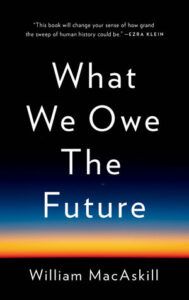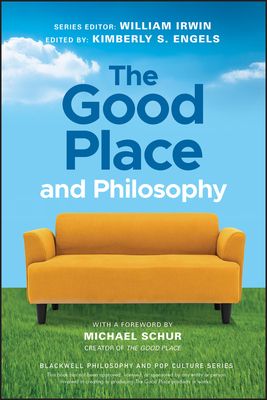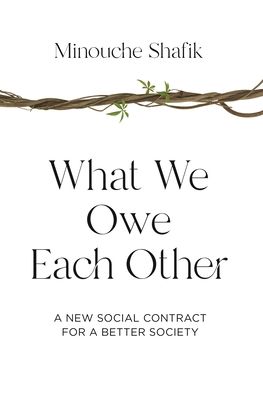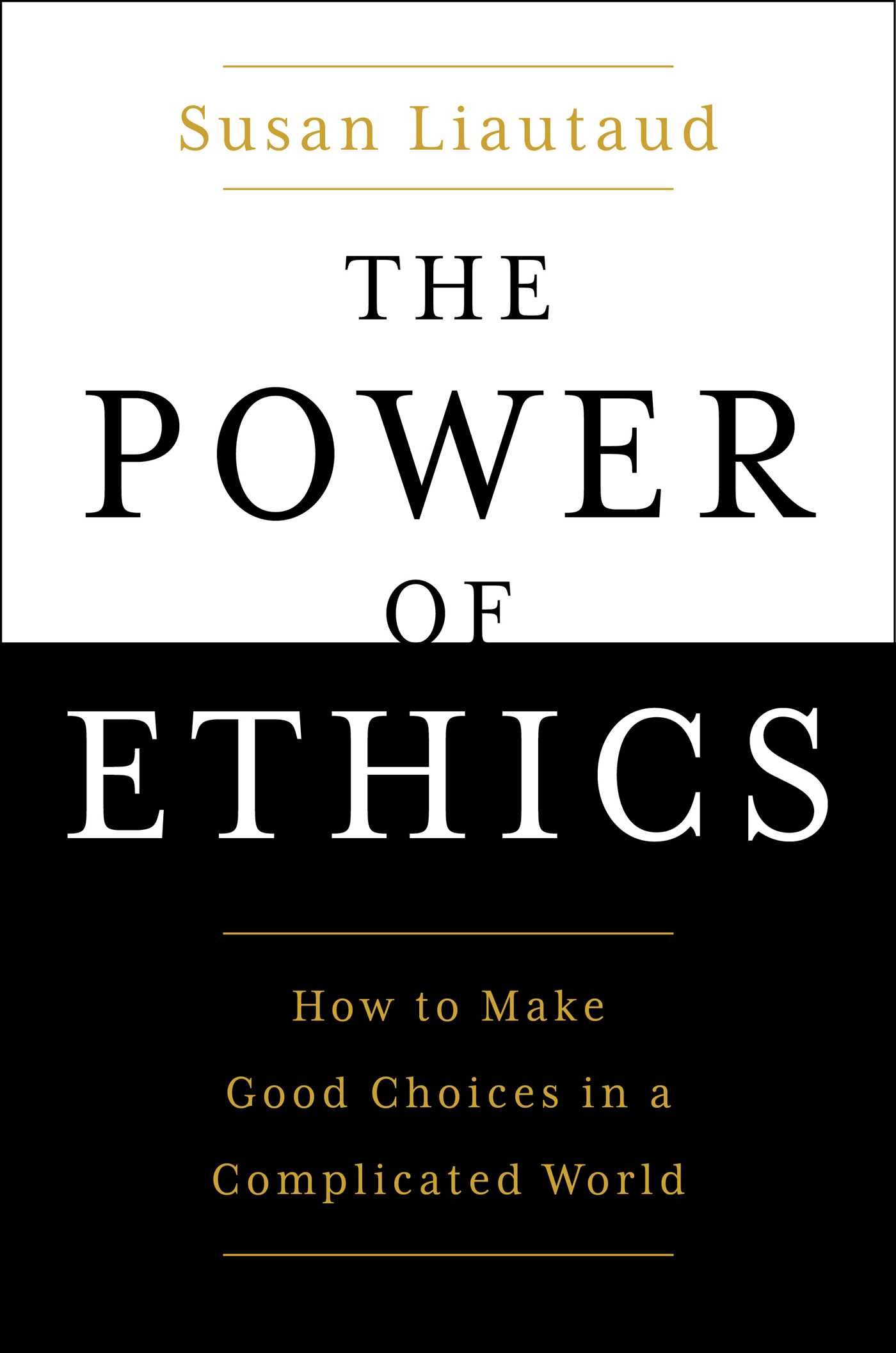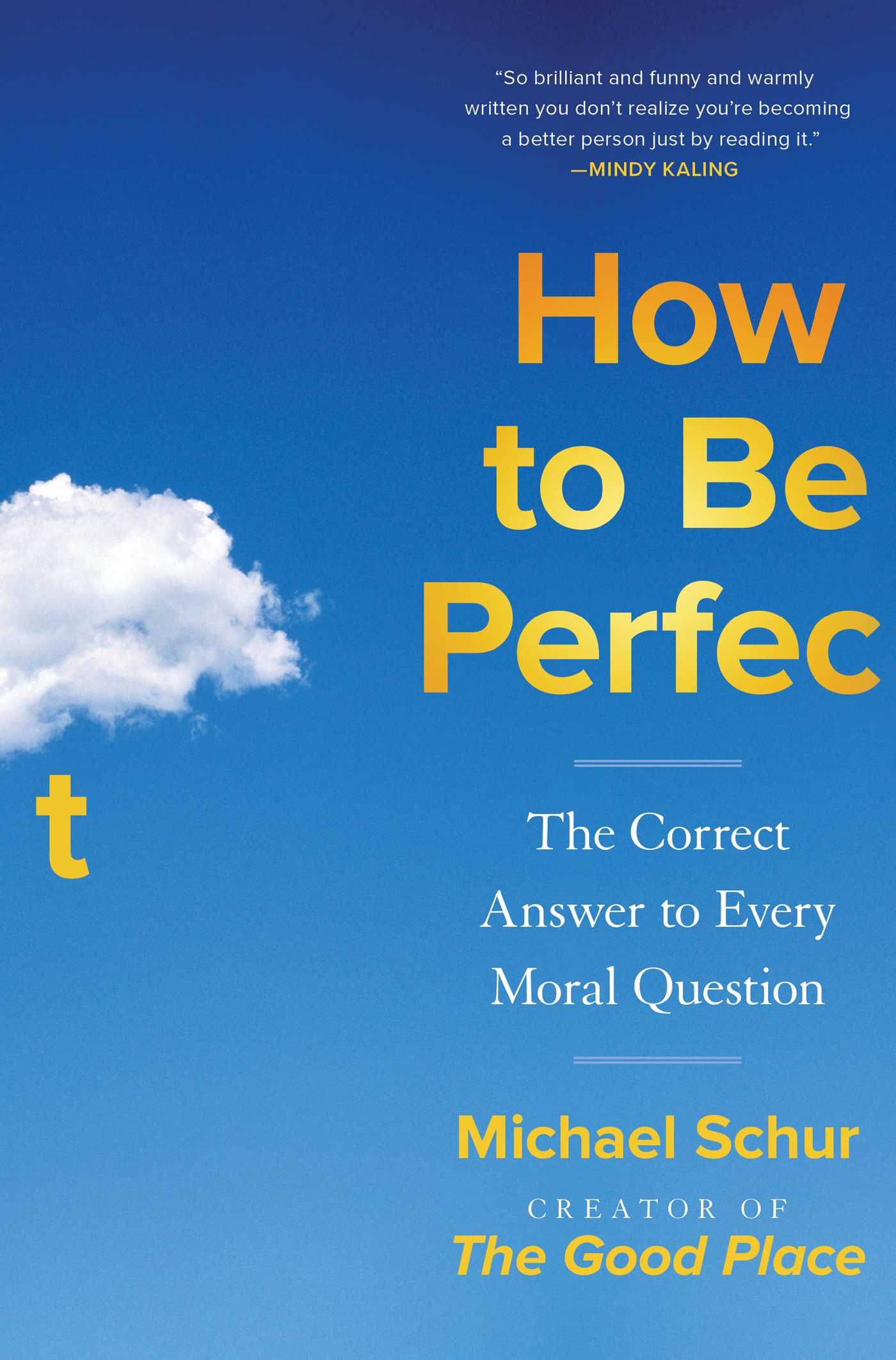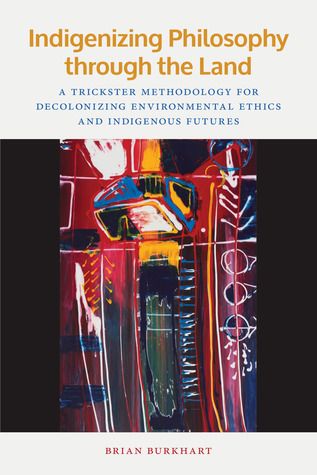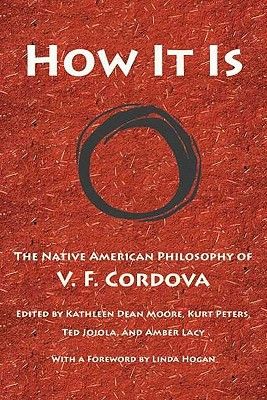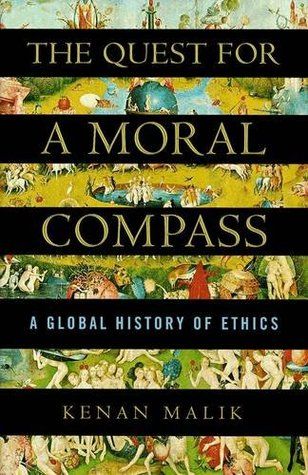In What We Owe The Future, Oxford Philosopher William MacAskill argues for longtermism, that idea that positively influencing the distant future is a key moral priority of our time. From this perspective, it’s not enough to reverse climate change or avert the next pandemic. We must ensure that civilization would rebound if it collapsed; counter the end of moral progress; and prepare for a planet where the smartest beings are digital, not human. Astonishing numbers of people could lead lives of great happiness or unimaginable suffering, or never live at all, depending on what we choose to do today. Besides, ethics are a human creation, and a large part of anthropology is studying human creations and systems. There’s so many schools of thought when it comes to ethics, stemming all the way back to the earliest human civilizations. The oldest source of ethics is said to be Ancient Greece, and that’s certainly the foundation of Western ethical thought and study, and where the word originates as well. But don’t let that lead you to believe they were the first ethical society, they’re just the earliest instance we have so far of people putting serious thought into ethics. And it’s only grown from there. There are now a lot of ethical schools of thought out there, more than just Socrates, and it can be a little scary to try to get through them, especially considering the jargon they use. So, here I’ve put my degree to good use by collecting some books on ethics, written with the common person in mind, to help get you started with ethical thinking. If these books have only just started your journey towards being a better person and making more ethical choices, then I recommend checking out Chidi’s Reading List, some philosophy books for beginners, or, if you’re in a more fictional mood, then maybe some of the greatest works of philosophical fiction.
